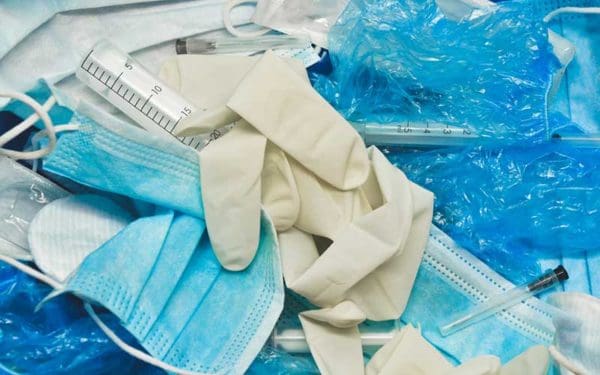Massachusetts Bottle Bill: 3 Reasons Why We Need to Modernize It
Litter is taking a toll on Massachusetts’ health and economy. These three reasons show how an updated bottle bill could help us change that.
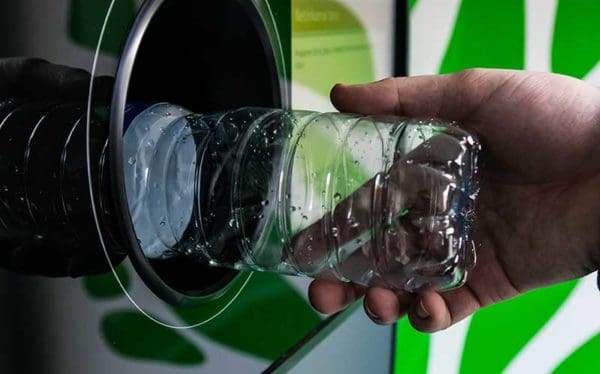
Litter is taking a toll on Massachusetts’ health and economy. These three reasons show how an updated bottle bill could help us change that.

“So-called ‘advanced recycling’ really isn’t recycling at all,” said Tom Irwin, CLF vice president for New Hampshire. “It’s expensive, high-heat technology that effectively burns plastic waste, creating dangerous air pollution. And with Governor Sununu and the Legislature rolling out the welcome mat for ‘advanced recycling’ – making New Hampshire a magnet for these facilities and out-of-state plastics waste – it’s essential that regulators have all the necessary tools to protect the health of our communities.”
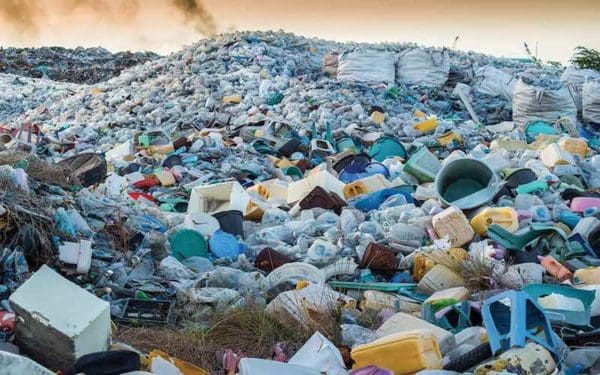
I’ve always assumed that because I care about Connecticut’s environment, others do, too. But after volunteering with CLF as a fellow earlier this year, I learned that Connecticut suffers from a waste crisis. Now, the blinders are off.
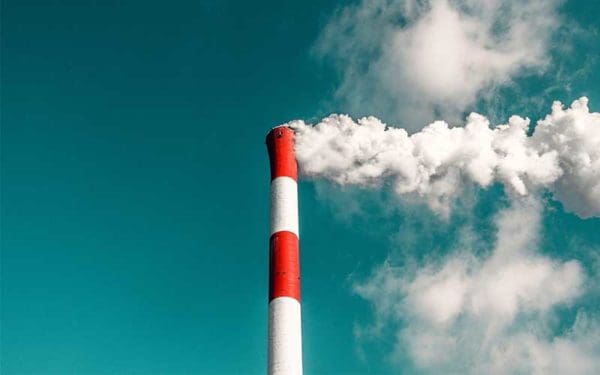
Incinerator emissions are polluting the air and poisoning our communities. The problem is, clean air laws often favor polluters instead of the people they’re supposed to protect.
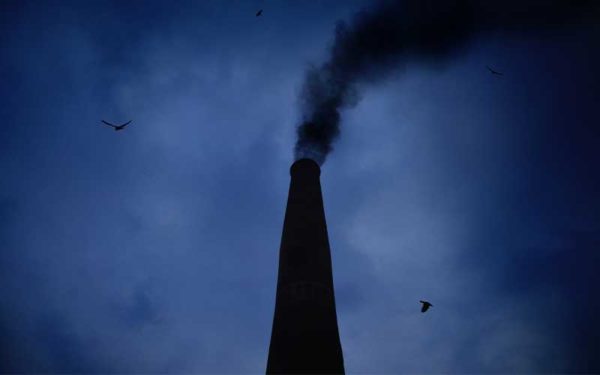
Hartford’s incinerator has been poisoning nearby communities for far too long. It’s time for the city to shut down this toxic facility and move towards innovative zero-waste solutions that aim to protect public health.
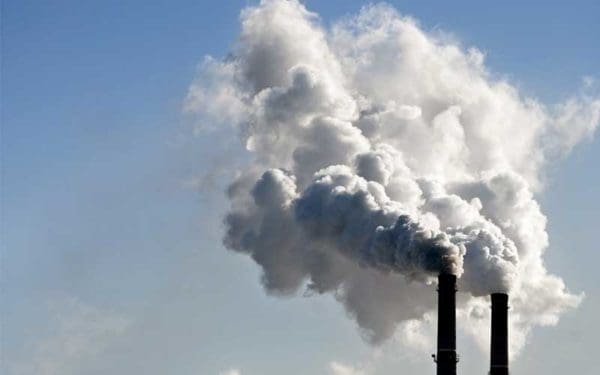
The City of Providence took a critical step in creating a zero-waste future and protecting its communities by banning trash incineration. The ban provides a model that other communities throughout the region can follow.
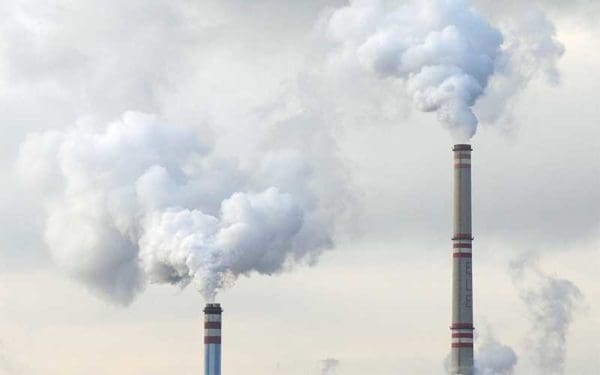
We don’t have good systems for dealing with our waste other than throwing a mix of toxic junk into our garbage cans. But we could. The truth is, it’s not a question of whether we should bury or burn our waste. What we should be asking is this: how do we produce less trash?
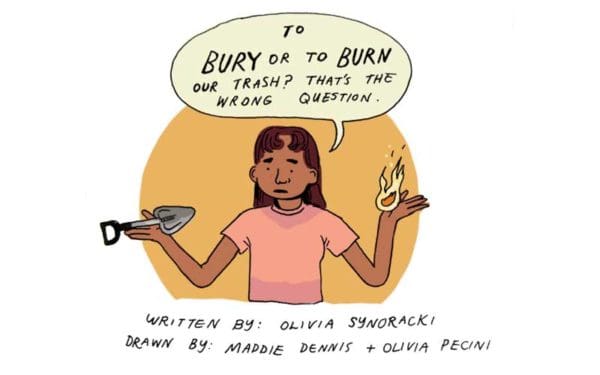
Communities across New England deal with the crude repercussions of local incinerators every day. As long we allow these facilities to operate, they will continue to poison our planet and our people.
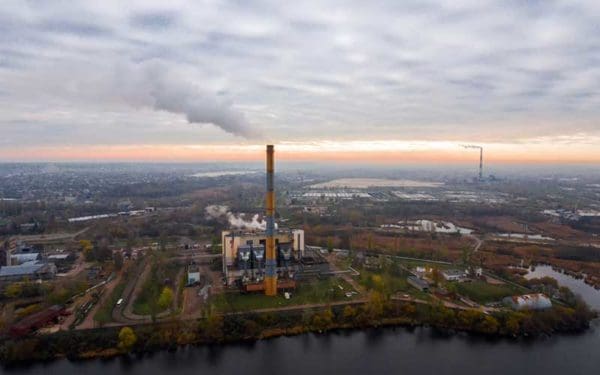
Humans have been producing trash for generations. But how we dispose of it hasn’t improved in ages. By implementing zero-waste policies, we can begin to redesign our waste systems and produce less trash – while also protecting our environment and our communities.
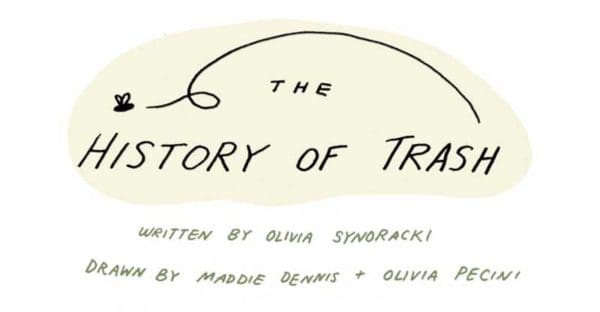
A proposed medical waste facility in West Warwick would collect and burn waste from healthcare facilities across New England. But we have a responsibility to protect the health and safety of our communities and environment. Now is not the time for Rhode Island to become the region’s dumping ground for toxic medical waste.
